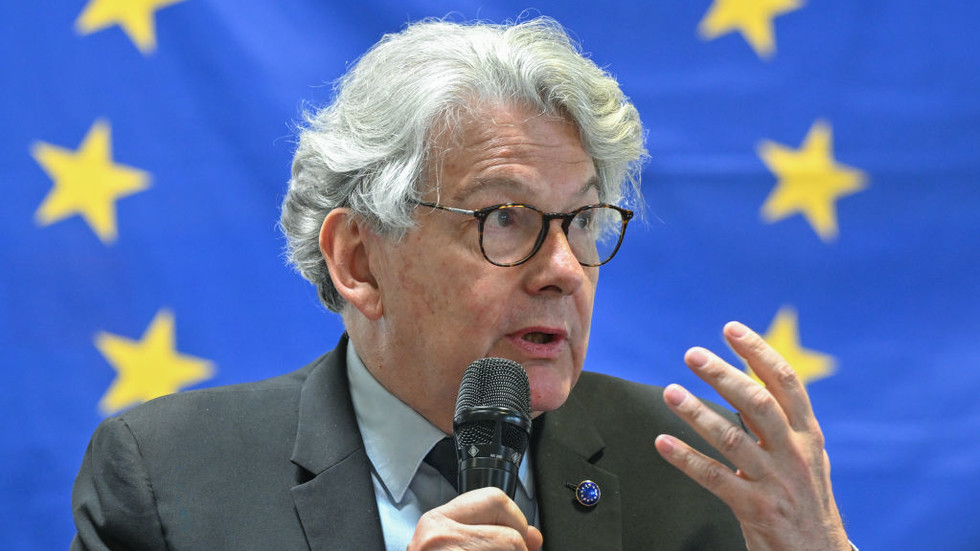In Beirut’s southern suburbs of Dahiya, the stronghold of Hezbollah, large crowds wearing black joined the funeral for Fuad Shukr, a senior commander of the powerful Lebanese militia and political movement, and the most high-profile member to have been assassinated by Israel during these current hostilities.
They carried placards with Shukr’s face, waved the yellow-and-green Hezbollah flag and chanted some of the group’s slogans, sometimes with their fists in the air.
According to the Israeli military, Shukr was behind a missile strike that killed 12 children and teenagers on a football field in the Israeli-occupied Golan Heights last Saturday. Hezbollah has denied involvement, although it initially claimed an attack on a nearby military base, which raised the possibility that the missile missed its intended targeted.
Shukr, who was also known as al-Hajj Mohsin, was said to be a close adviser to Hassan Nasrallah, the influential and long-time Hezbollah leader.
As people were gathered, Nasrallah gave a televised speech that was watched closely for any indication of Hezbollah’s possible next moves.
The conflict with Israel had entered a “new phase", he said, speaking from a secret location, as he always does for security reasons. The enemy must wait for the “inevitable response” because it had crossed “red lines”, he added, saying that the reaction would be proportionate to Israel’s targeting of a civilian building.
His tone seemed to indicate that the group remained uninterested in another major war with Israel. But there are concerns that they could be sliding into one.
“I’m not afraid of war. We’re ready for whatever Sheikh Nasrallah decides to do,” one man in the crowd told me. “Inshallah,” said another, meaning God willing, when asked if he believed that Hezbollah would retaliate for the killing.
Shukr's killing on Tuesday - an attack that killed six other people, including two young siblings - renewed fears that the relatively contained conflict between Hezbollah and Israel could escalate into an all-out war, with the potential to engulf the entire Middle East.
Hezbollah says its campaign, which started a day after the Hamas attacks on Israel on 7 October, is in support of Palestinians in Gaza. Most of the group’s attacks, and Israel’s counterattacks, have been limited to areas along the Lebanon-Israel border.
Supported by Iran, Hezbollah has long been seen by Israel as a much more formidable foe than Hamas. The group has an increasingly sophisticated arsenal of weapons that includes attack drones and precision guided missiles capable of striking deep inside Israel.
A conflict with Hezbollah would probably involve other Iranian-supported groups in the region, members of what Tehran calls the “Axis of Resistance” - the Houthis in Yemen or militias in Iraq, for example.
Iran, too, has vowed to respond to the assassination of Ismail Haniyeh, the Hamas political chief who was killed on Wednesday while visiting Tehran for the inauguration of the new Iranian president.
Iran and Hamas have blamed Israel, which has stayed silent. The killing has dealt a blow to the possibility of any success in ongoing talks for a ceasefire and hostage release deal between Israel and Hamas in Gaza. It is the main hope to defuse tensions with Hezbollah, and diplomatic efforts continue to try to de-escalate the situation.
The Israeli military has said it is ready for any scenario, as the country braces itself for a possible response to the two assassinations.
Nasrallah’s speech contained, as expected, sharp words against Israel but did not appear to suggest that a bigger war was imminent just yet.

 1 month ago
12
1 month ago
12










 English (US) ·
English (US) ·